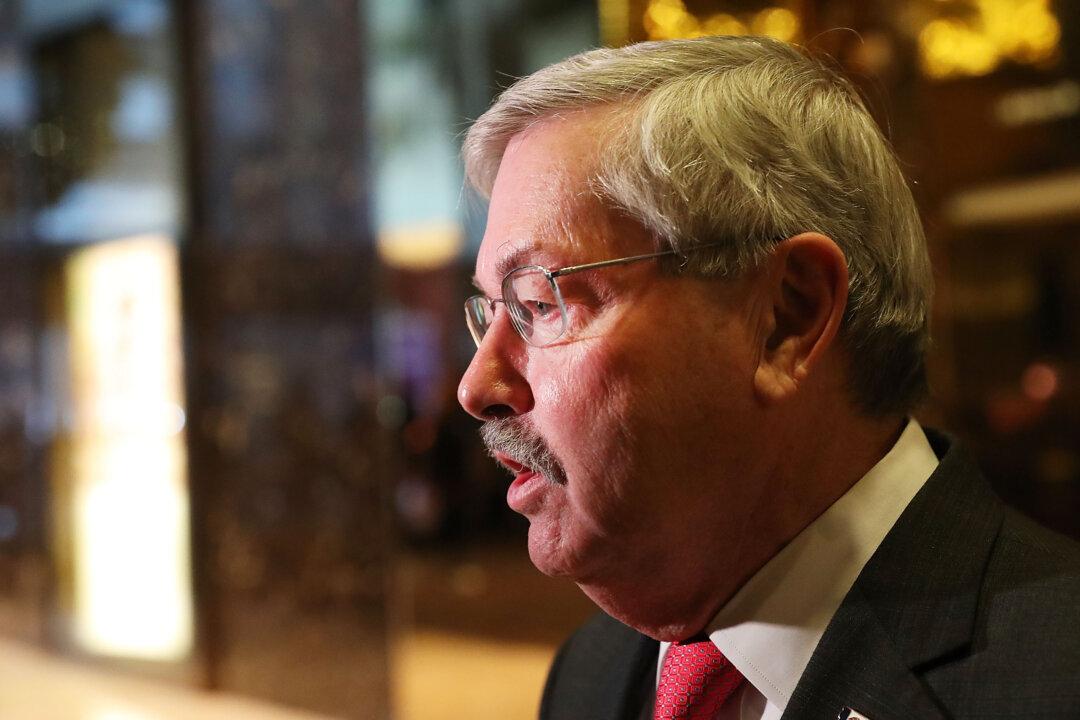The Chinese regime dialed up the pressure on the U.S. and Canada governments to release arrested Huawei Chief Financial Officer Meng Wanzhou, ahead of the resumption of her bail hearing in British Columbia on Dec. 10.
Meng, the daughter of Huawei founder Ren Zhengfei, was arrested in Vancouver on Dec. 1 at the request of U.S. law enforcement. She is accused of committing fraud in relation to skirting U.S. sanctions on Iran. She allegedly misrepresented the relationship between Huawei and Skycom, a Hong Kong-based company that sold U.S.-manufactured equipment to Iran and that prosecutors say is, in fact, controlled by Huawei. The United States is seeking her extradition.





